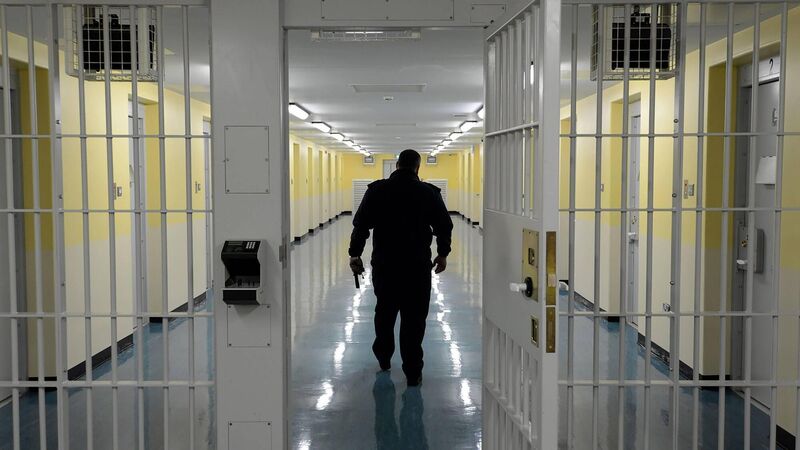Mick Clifford: Government doesn’t care about prisons

'Apart from the families of prisoners, the public doesn’t interact with the service. There are no votes in prisoners’ rights.'
A new man got the job of keeping an eye on the guards this week.
Judge Rory McCabe was appointed by the Government as chair of the Garda Síochána Ombudsman Commission (GSoc).












